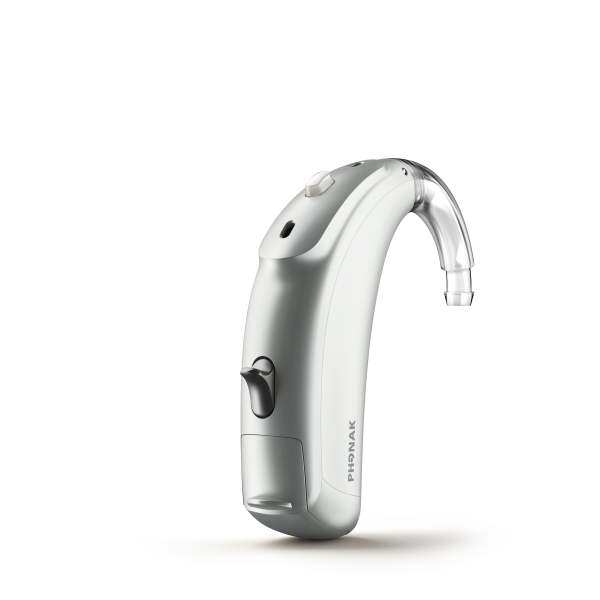When investigating options to improve hearing, individuals can be overwhelmed by newspaper advertisements, mail promotions and internet programs that make promises that seem to good to be true. As the old adage says, “if it sounds too good to be true, it probably is.”
Finding the right provider and the right hearing aid solution can be overwhelming if you don’t know where to start. To make things easier, we have put together a list of frequently asked questions about hearing loss and hearing aids to help guide patients.
Question: What is the difference between Audiologists and Hearing Aid Dispensers (Hearing Instrument Specialists)?
The major difference between audiologists and hearing aid dispensers is level of training and education. Audiologists are currently required to obtain a doctoral level degree consisting of 8 years of coursework to learn how to treat hearing and balance disorders, while hearing aid dispensers in Nebraska must have a high school diploma and pass a licensing exam.
Scope of practice is another distinction. Audiologists can test and treat hearing loss, balance disorders, tinnitus and remove ear wax build up. Hearing aid dispensers are only allowed to do testing for the purpose of fitting a hearing aid.
Question: If I am diagnosed with hearing loss, will my hearing get worse over time?
The progression of hearing loss depends on many factors, including the specific cause. The most common type of hearing loss is called sensorineural or inner ear hearing loss. Sensorineural hearing loss can be caused by the natural aging process, noise exposure or certain medications (like chemotherapy agents).
Our hearing will progress gradually over time, however, there are ways to protect hearing from changing faster than expected. If hearing aids are recommended, consistent use will not only improve hearing ability but will also stimulate the auditory nerve, which has been shown to preserve word understanding ability.
After being diagnosed with hearing loss, the inner ear is more susceptible to damage due to excessive noise. Consistent use of hearing protection around noise exposure (hunting, lawn care equipment, concerts, etc.) can help prevent further damage.
Question: How much do hearing aids cost?
Hearing aids come in a wide range of prices, from approximately $600 to $3,000 per ear. The price of a hearing aid depends on the level of technology, sound quality, noise reduction capability, size and the service plan and warranty associated with it.
Hearing aids have become very advanced in the last five years, as we now have re-chargeable options, Bluetooth phone connection and advanced processing capabilities. While these are great advancements, not everyone needs premium technology. It is important to work with a professional that offers more than one hearing aid brand, as well as different levels of technology, because there is not one option that is right for everyone.
Question: What happens if my hearing aid is damaged or lost?
Major hearing aid manufacturers offer repair and loss/damage warranties that are included with the initial purchase. These warranties generally range from one to three years, depending on the level of technology. If something happens to your hearing aid, your audiologist can often repair it in the office or send it in at no cost while under repair warranty. If a device is lost or damaged beyond repair, the patient can receive a one-time replacement, (for each ear) after paying a deductible.
Question: How can I make my hearing aid(s) last longer?
Patients can perform routine maintenance of their hearing aids at home including: cleaning nightly, monitoring wax and debris buildup, using a dehumidifier and storing the devices in a dry place to reduce moisture buildup. A general recommendation for hearing aid patients is to see their audiologist every six months for more extensive cleaning and maintenance, replacement of parts and removing earwax buildup from the ear canals to make sure the hearing aid is performing optimally. These appointments are normally included in the service warranty.
Do you have other questions that we didn’t answer? Feel free to use the link below to send us a message or contact our office to schedule a consult!
Contact us to schedule your hearing evaluation today!